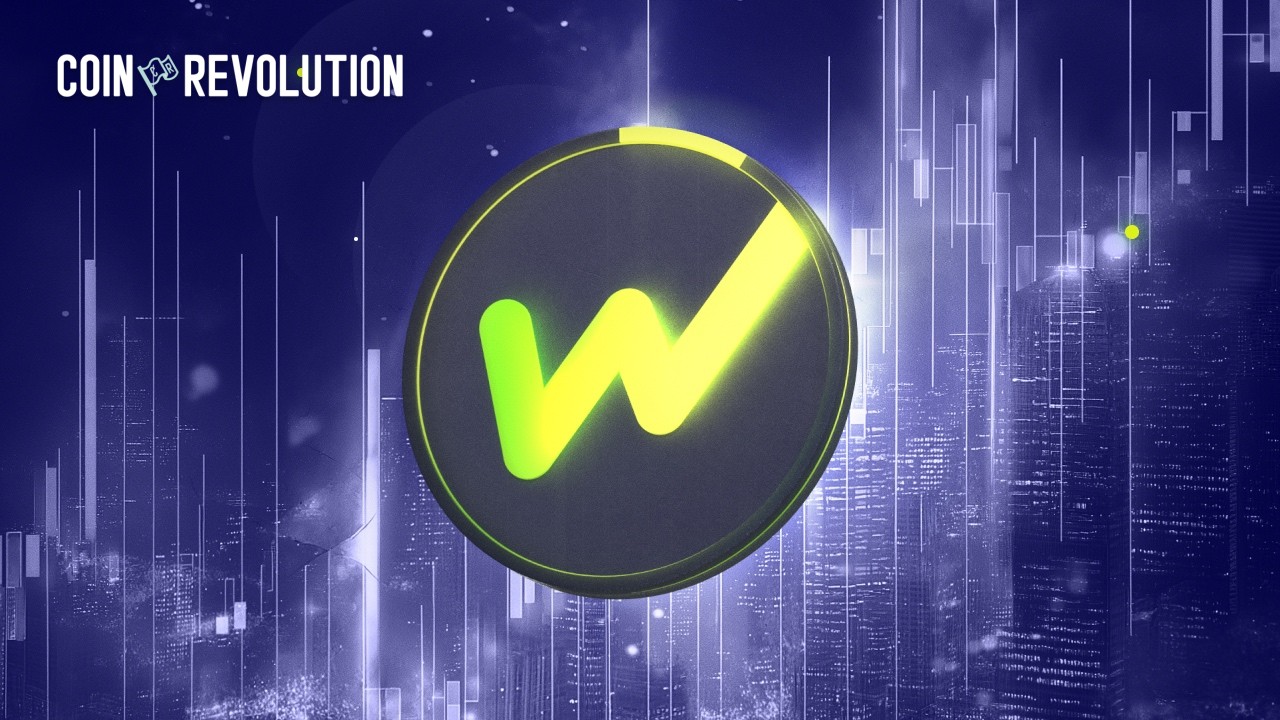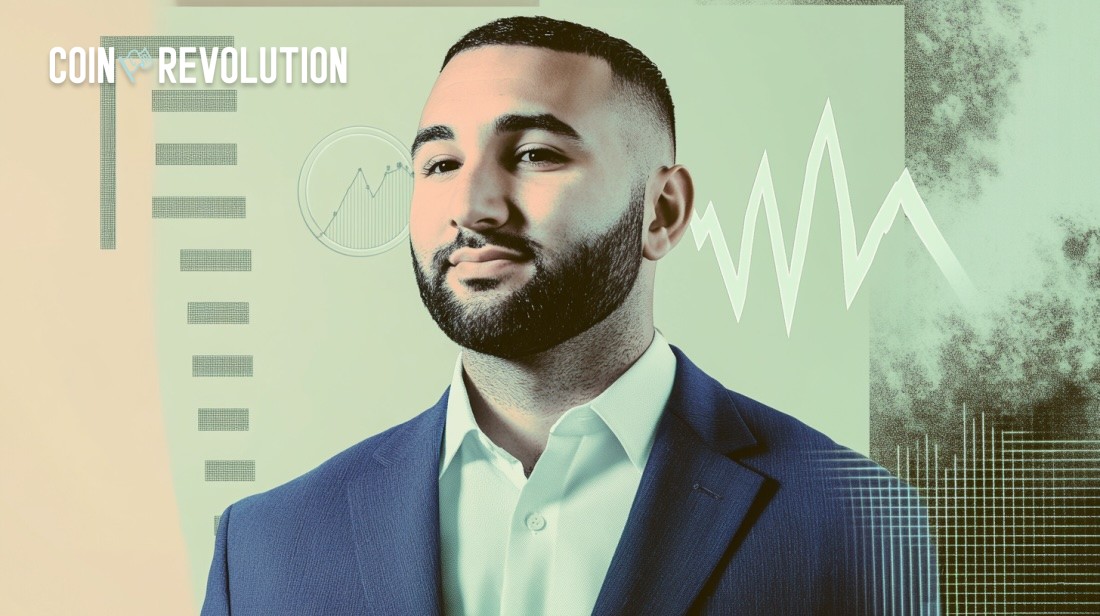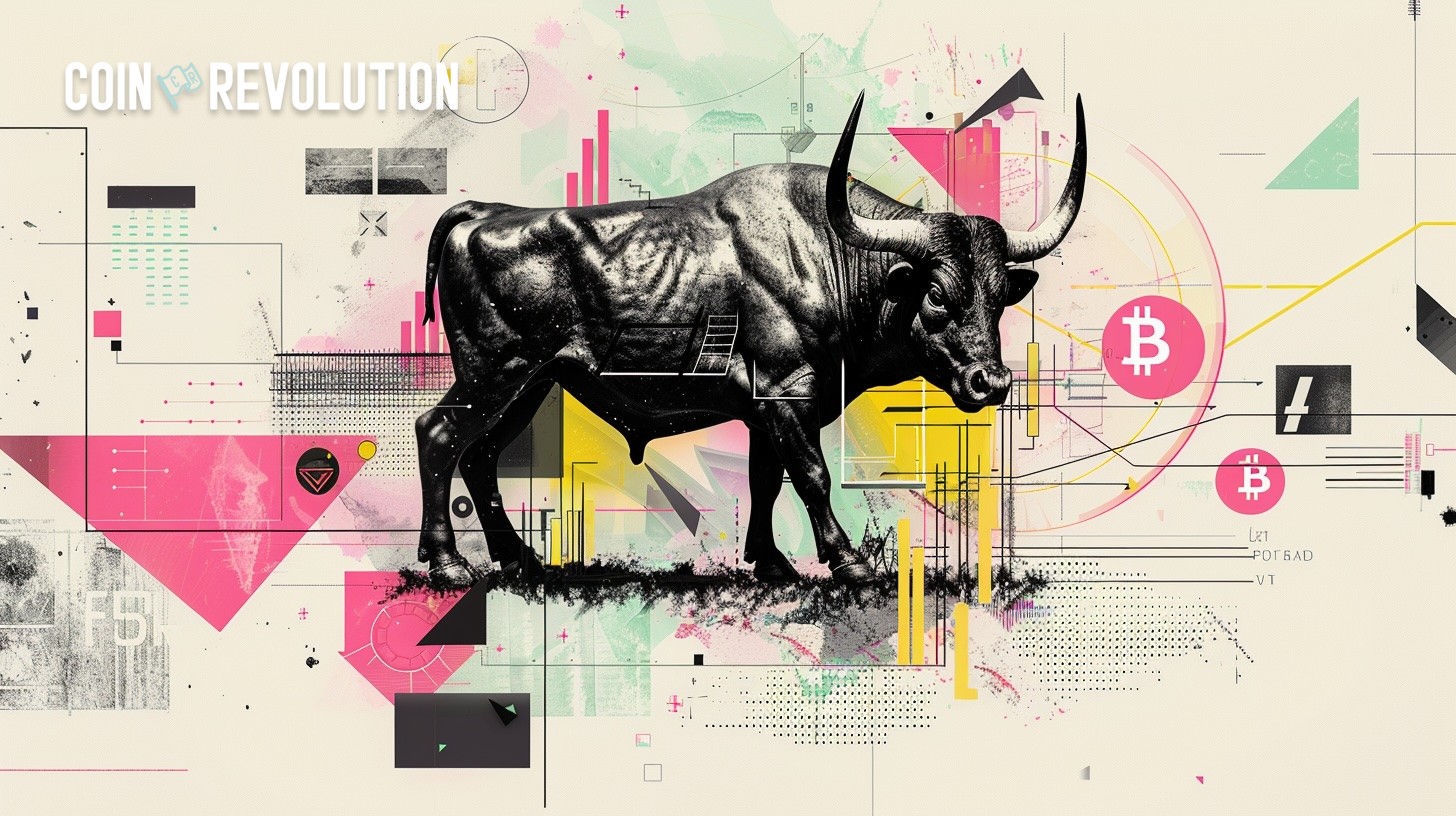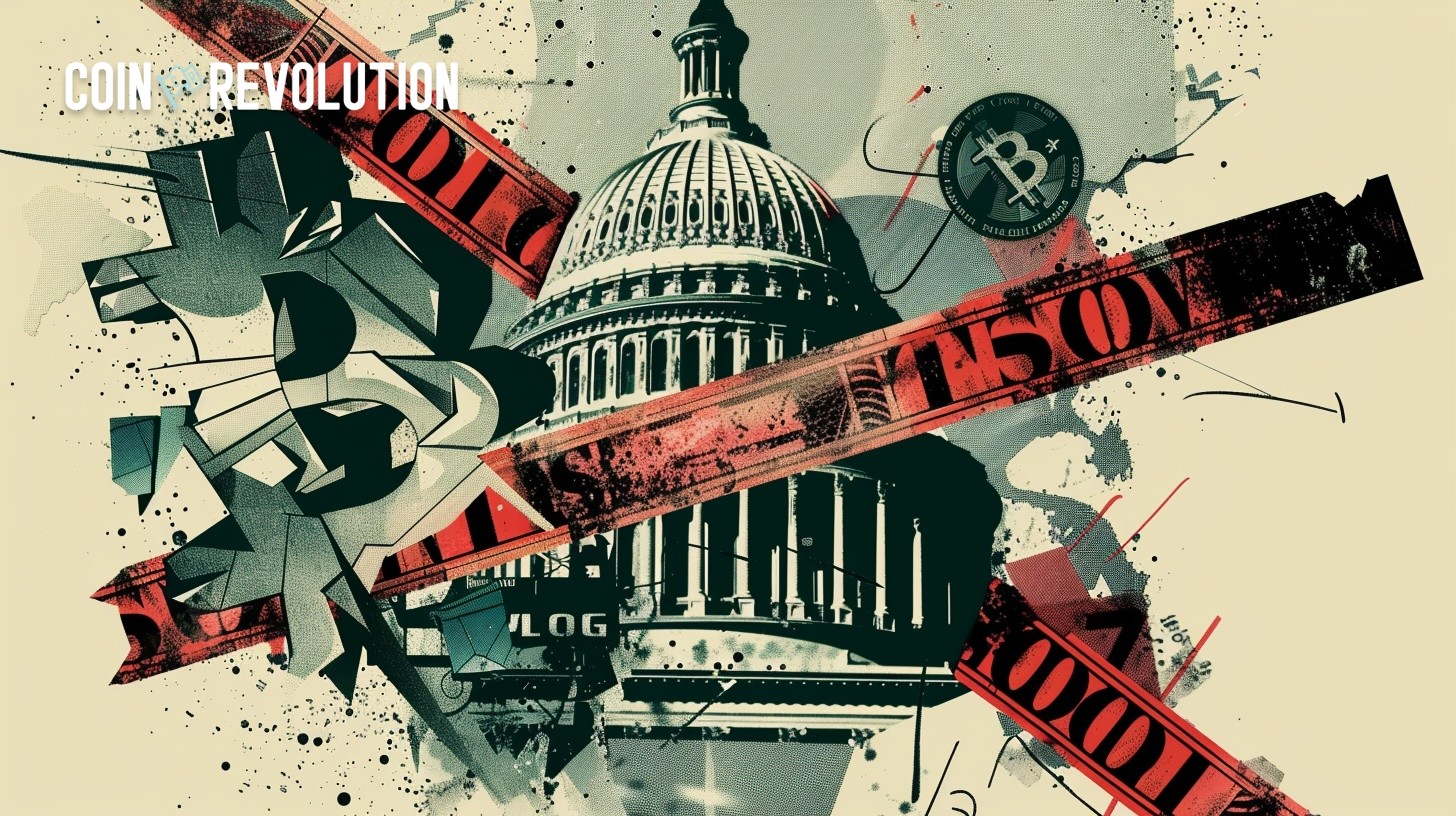Stablecoins Enter the Luxury Market as Gulf Craft Launches Regulated Payments
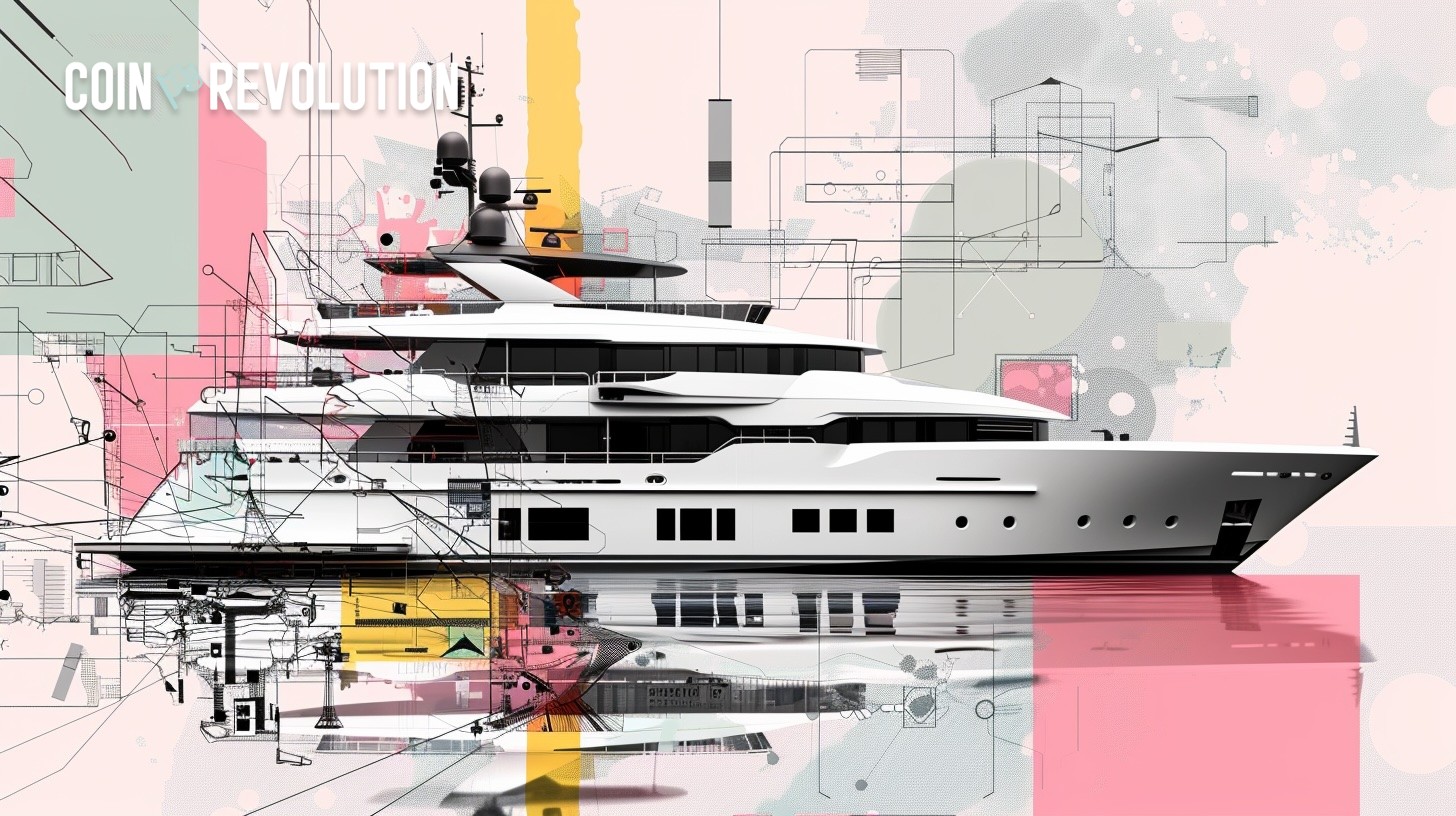
A luxury yacht builder in the UAE has begun accepting stablecoin payments for vessels and services. Gulf Craft’s move aligns with a broader trend: airlines, courts, and public agencies across the country are embedding crypto into real-world transactions.
Gulf Craft Embraces Stablecoins for Yacht Sales
Gulf Craft, the UAE-based shipyard and one of the region’s leading yacht manufacturers, has begun accepting payments in stablecoins USDT and USDC for yacht purchases, refits, and marine services. Gulf Craft partnered with Bahrain-licensed fintech ARP Pay to create a regulated crypto-to-fiat gateway that converts transactions into AED or USD.
A pilot transaction involving a partial payment for a yacht has already taken place, with the company reporting lower transaction costs and increased satisfaction among international clients.
Gulf Craft CEO Erwin Bamps, emphasizing alignment with international client expectations and long-term strategy, stated:
“Adding a crypto option future-proofs our customer experience.”
Chairman Mohammed Hussein Alshaali said the decision aligns with the UAE’s maritime innovation history and digital infrastructure support. Gulf Craft becomes the first shipyard in MENA to offer a fully regulated crypto payment option, marking a regional shift in high-value asset transactions.
Parallel Adoption Across Sectors
Gulf Craft’s move reflects broader crypto adoption across UAE institutions and government agencies. On July 9, Emirates Airlines signed a preliminary agreement with Crypto.com to enable ticket purchases via the platform’s payment gateway. The move targets younger, digitally native travelers and is scheduled for rollout in 2026.
Abu Dhabi’s Judicial Department now accepts AE Coin for court payments through Al Maryah Bank, creating the Middle East’s first government-backed crypto payment system. The coin, which is pegged to the AED and developed with regulatory oversight, has also been used in transport and aviation.
Dubai’s Virtual Assets Regulatory Authority (VARA) laid the regulatory foundation for these implementations. According to the Dubai Multi Commodities Centre (DMCC), more than 650 crypto firms now operate within the city’s free zones.
Early Signals, Varied Motivations
Gulf Craft targets international buyers with crypto payments, while Abu Dhabi’s government focuses on operational efficiency. Emirates aims to attract digital-native travelers.
Despite the differing motivations – consumer demand, operational efficiency, or market positioning – the UAE’s private and public sectors are simultaneously testing crypto’s utility in production environments. Gulf Craft’s regulated implementation stands out for applying stablecoins in high-value transactions, rather than speculative use or minor retail payments.
As stablecoin infrastructure develops, more capital-intensive industries may follow Gulf Craft’s lead in adopting crypto payments for high-value transactions.
The information published on CoinRevolution is intended solely for general knowledge and should not be considered financial advice.
While we aim to keep our content accurate and current, we make no warranties regarding its completeness, reliability, or precision. CoinRevolution bears no responsibility for any losses, errors, or decisions made based on the material provided. Always do your own research before making financial choices, and consult with a qualified professional. For more details, refer to our Terms of Use, Privacy Policy, and Disclaimers.

